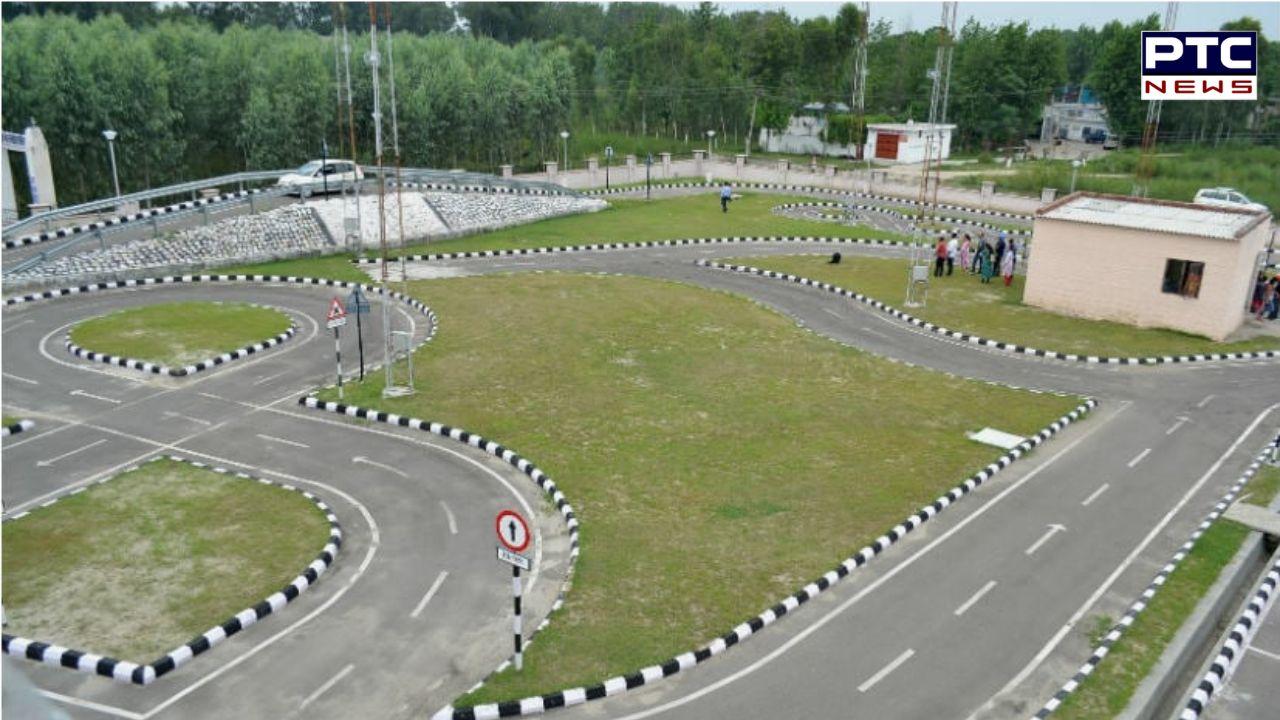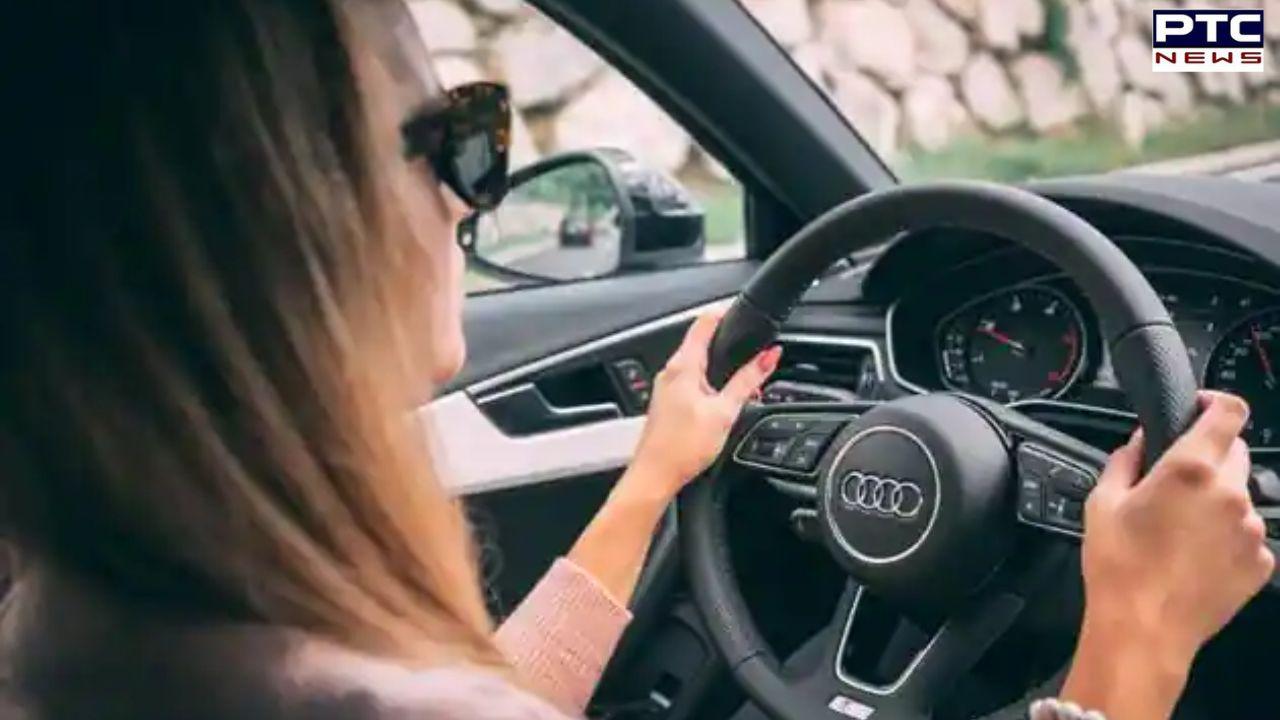

Driver's license process simplified with new regulations from June 1 | Check Details
PTC Web Desk: Obtaining a driver's license in India has traditionally been a cumbersome process, requiring applicants to fill out various forms and interact with multiple authorities. Various formalities have not only made the process tedious, but also created opportunities for corrupt practices, ultimately affecting road safety in India. In response to these issues, the Ministry of Road Transport and Highways has introduced significant regulatory changes, effective from June 1, aimed at simplifying the process of obtaining a driver's license.
Applicants now have the option to take their driving test at the nearest centre of their choice rather than being restricted to their respective regional transport offices (RTOs). The government will certify private entities to conduct these tests, making the process more convenient and accessible.

The penalties for driving without a valid license have been increased, with fines ranging from Rs 1,000 to Rs 2,000. Additionally, if a minor is found driving, the parents will face severe consequences, including a hefty fine of Rs 25,000 and the cancellation of the vehicle's registration certificate.
The documentation requirements for obtaining a driver's license have been clarified and streamlined. The ministry will provide applicants with specific information about the necessary documents for the type of license they wish to obtain, reducing confusion and expediting the process.
To promote environmentally sustainable practices, the ministry plans to phase out 9,000 old government vehicles and improve the emission standards of others, contributing to a greener and more sustainable road environment in India.
The application process remains the same, with applicants able to submit their applications online through the official Ministry of Road Transport and Highways website (https://parivahan.gov.in/). Alternatively, they can visit their respective RTOs to apply manually.
- With inputs from agencies
